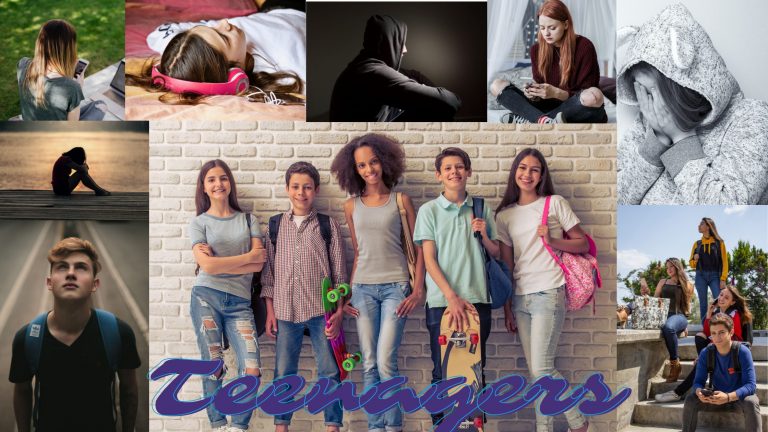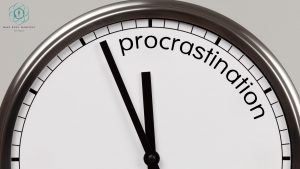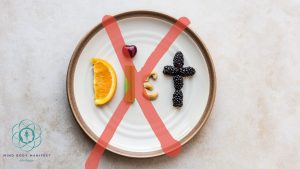
Parenting Teens
For many years, my husband and I were foster carers. The children who came and lived with us were all teenagers and many people use to say to us,” do you actually ask to have them at that age? I would be too frightened. Teenagers frighten me.” And then they would laugh awkwardly.
The short answer to that question is, yes. Yes, we always asked to foster teenagers and then it just became the age we had.
I adore teenagers.
Don’t get me wrong there have been many moments of WTAF is going on here and times where we have sat in Police Stations to support kids who didn’t make the best choices. But on the whole I love their energy, their outlook on the world, the conversations that you can have and the humour that they bring.
When I talk with people about teenagers, I am really surprised at how many people are genuinely frightened of their children becoming teenagers.
I think some of that comes from us remembering what we were like as teens and that is terrifying but also it comes from a place of how to relate. How do you have a conversation or an interaction with a child who grunts at you, emerges from their room for feeding and then returns to a room that looks like their wardrobe has thrown up everywhere?
Many of our kids came to us with very limited conversation skills. Every time we would talk to them, they would immediately become defensive and try and start a fight. It was understandable when you looked at the environments that they had grown up in. Quite often the only time they were spoken to was to be shouted at and blamed for things that weren’t their fault. They didn’t know that we could have a discussion that didn’t lay blame at anyone’s feet or end in some form of physical punishment. Over time we were able to model more productive ways to communicate and be able to have conversations about behaviour that were productive and allowed everyone to feel heard.
One of our kids use to like to talk to me about what they had read in the newspaper. Unfortunately their newspaper of choice didn’t give a very balanced view on race or religions. So I set them a challenge. I would happily have a conversation about current events with them every night, but they had to have read different newspapers and have different sources of information, so that they gained a wider perspective on what was happening in the world.
Over the course of a few months, I noticed a real change in them and their view point on certain religions and race. We were able to discuss in a way that was healthy and respectful and sometimes we disagreed with each others point of view but that was ok, because that is what debate is about.
I often think about when that child first arrived in our home and how frightened they were to express their opinion on anything – from what they liked to eat, to the clothes that they liked to wear. And when we were having our debates I would often do so with a massive smile on my face because this is what healthy conversation looks like. And I always encouraged that.
All of our kids came to us as either non attenders of school or with very little prospects of having a different future. All of them left with either GCSEs or A levels and went into higher education, apprenticeships or full-time work. None of which were even on the horizon when they first walked through our doors.
Here are some of the things that I learned about parenting teens.
- Giving them an opportunity to express their thoughts. They are going through a time in their life when they don’t know who they are. They are experimenting with their identity and therefore they will probably express opinions that are different to yours. And that is ok. Guide them. Listen to them. Respect what they have to say, even if you disagree. Giving them a safe space to discuss their thoughts will allow you to know more about what is going on in their life and in their heads.
- Know that they have no clue what they are doing half the time. They haven’t really thought anything through. They are often acting on impulse. So when they do the things that make you go, WTAF were you thinking, know that they weren’t. Meet them with love and compassion. The number of times I would put the kettle on or offer food when our kids were returned by the Police at 3 in the morning are too many to count. There was absolutely a part of me that wanted to scream and shout and ask them what they were thinking. The most important thing is to be the safe space. There is time to talk when everyone’s emotions have come down. Offer them safety and security. They are more likely to come home even when they know they have really messed up.
- Apologise to them. Sometimes we don’t get it right. Sometimes we are fuelled by our emotions that we do and say things that we regret. And it is important to acknowledge that with them. I am sorry, I should not have spoken to you in that way. Resist the urge to add onto that, but you made me…
- Accept the fact that they will eat all of the food. When they come home from being out your kitchen will be ravaged. They have had a hard day of growing, learning and being. That takes a lot of fuel. Stock up on bread and sandwich fillers. You will feel like a sandwich shop at times!
- Remember that they are still learning and growing. They may look like a fully formed human but they are still learning. There will be many times when your teenager needs you just as much as they needed you when they were little. They are navigating the world seeking to find out who they are, with hormones pumping through their body’s and sometimes they just need a mum or dad hug to know that it is going to be ok. Talk with them about what it was like for you as a teenager. The best way to build those bonds and connections with them is to relate to what they are going through. Share your stories.
- Have a trusted person who you can vest to. It is really important for us to be able to let off steam about some of the stuff our kids do. The way it makes us feel and sometimes the hurt and pain that it causes. Having a person who you can vent to, who will sit and listen to you is really important. Try and find a friend who will listen without judgement. And know that there is not a parent of a teen out there who hasn’t thought WTF at some point!
Our teens really do want and need us. They may push us away at times with their words or their behaviour, but the most important thing is to meet them with love and compassion and to be their safe place.
Jo Mitchelhill is a qualified teacher, foster career, and certified Life Coach with a Bachelor of Education majoring in Behavioural Science from The Australian Catholic University. She has over 30 years combined experience in fostering and teaching and is now utilizing this knowledge and experience as a Parenting coach who specialises in Childhood Trauma.
Jo was the behavioural specialist within school often being called upon to help colleagues and parents better understand their children’s behaviour and develop strategies on ways to best improve this. As a foster carer, she fostered over 10 teens and tweens with highly challenging behaviours. Most leaving her care with High School qualifications and a much higher self esteem.
Jo now works with parents, helping them to understand how trauma effects their children’s behaviour and develop strategies to help them create more connection, clarity and confidence in their parenting, so that they are able to develop the type of family relationships they have always wanted.
She has been a guest on The Soulful Mind podcast, and guest speaker in groups such as MIBI and Athena. Jo has published articles on Thrive Global.
Jo enjoys travelling with her husband and daughter, training her cockerpoo and competing in dressage.
Contact Details
You can join Jo’s Facebook community here www.facebook.com/groups/healingfromchildhoodtrauma/
Jo can be contacted via email jo@jomitchelhill.com






